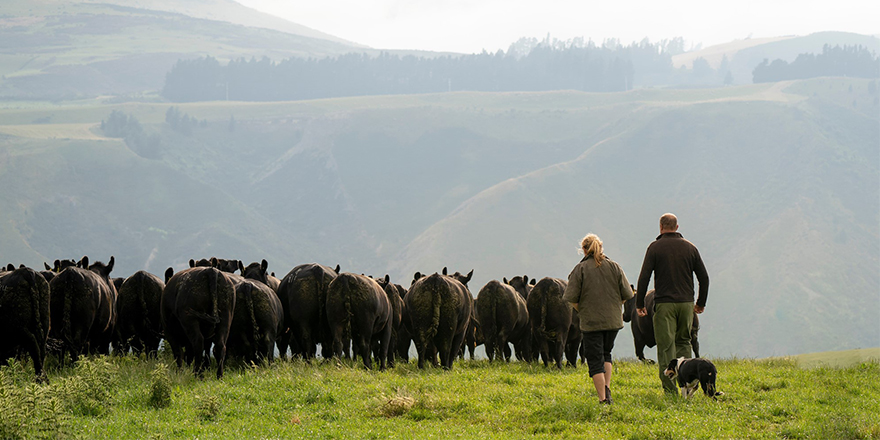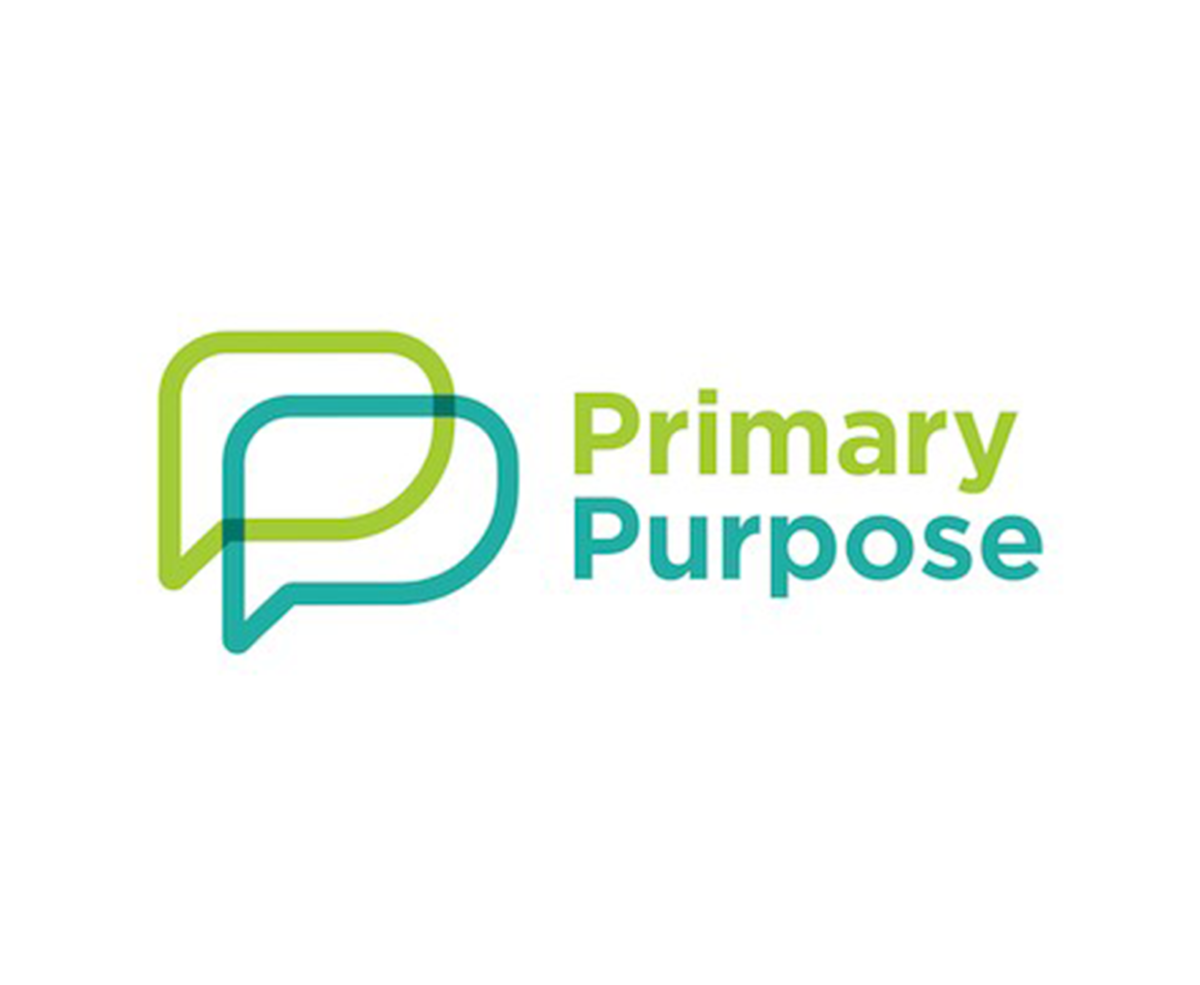Ideas That Grow: Ben Todhunter, 2006 Nuffield Scholar.
Lynsey Stratford has discovered farmers make a few assumptions that aren’t very helpful – like accepting the fact that work might be dangerous and there’s nothing anyone can do about it. As Lynsey explains, “There are changes we can make, but those assumptions and those mindsets have been deeply held for quite some time.”
As a consultant, Lynsey helps the primary sector with people management and development services and training. And, when it comes to health and safety she says, “We shouldn’t expect people to just know this stuff, but rather teach them and support them as they develop skills.”
Lynsey’s research report unpacks the paradox that while farmers care about their people, farms as workplaces are overrepresented in fatal accident and injury statistics. So, what can be done to improve this?
Bryan Gibson – Editor of Farmer’s Weekly.
I am Bryan Gibson, the Farmer’s Weekly Editor, and this week I’m joined by Ben
Todhunter. How’s it going?
Ben Todhunter – 2006 Nuffield Scholar, Rakaia, Canterbury.
Yeah, good thanks Bryan. Yep.
Farming, Conservation and Nuffield.
Bryan: And where are you calling in from?
Ben: I’m at home on the farm, Cleardale on the Rakaia Gorge, about an hour west of Christchurch.
Bryan: Your family’s been there a while, I understand.
Ben: We’ve been here for close to a hundred years. The boundaries have moved around a little bit in that time, but yeah. I’m the fourth generation farming this location.
Bryan: Can you tell us a little bit about the place, what your farm looks like and what you farm?
Ben: So we’re on the north slopes of Mt Hutt. The farm runs down to the Rakaia River. It’s got a big chunk of boundary with the Rakaia River. It’s got loessal soils, thousand mill rainfall, lies to the northeast – so it’s got a good aspect. It’s well located, running about five and a half thousand ewes and 300 breeding cows, finishing all replacements. We do a little bit of cropping, milling wheat and feed barley and a significant genetic business in sheep and cattle.
Bryan: So a pretty big operation.
Ben: A lot of farms are getting bigger nowadays, but yeah, there’s a lot going on and it takes a bit of keeping the moving parts ticking away and working properly.
Bryan: Have you been involved in the family farm right through, or have you been away and done other stuff?
Ben: Been back on the farm since about 1992. I’ve been overseas, did a Master’s in Dublin and I’ve worked for an Irish dairy cooperative. Done a bit of farm work in other parts of the world and worked on other farms. My father’s hips were buggered and I gave him a hand, then and I did a little bit of lecturing at university while I was trying to farm, but I’ve been at home ever since.
Nuffield Scholarship - integration of conservation into farming.
Bryan: We were talking before we came on about your Nuffield Scholarship report. You did it a little while ago now, when was that?
Ben: 2006.
Bryan: You took a look at integrating conservation into farm systems. Can you tell me a little bit about why you chose that?
Ben: Yeah, absolutely. At that stage I was representing high country farmers/pastoral lease farmers in their battles with the Crown really. Helen Clark was very keen on a network of high-country parks. The model that was being explored at that stage was to separate conservation and farming.
I thought the model was wrong. It didn’t fit high-country landscapes at all. So I wanted to look at that model and how it was carried out in other parts of the world to see if there was anything I could bring back that we might be able to learn from to help those farmers.
Bryan: From my reading, you mentioned some work that was going on in the United States that seemed like it was achieving the right results.
Ben: The bits that were interesting to me were if you look at how the conservation-farmer battles go in our country, if a conservationist like Fish and Game or Forest and Bird wants to get an outcome, they almost have to paint the existing owners of the land or of a property in a bad light so that they get some legislation change.
So it becomes a contentious battle. And that’s a bit how the system is. So the insight that I got in the states was more around where there’s clear property rights and those actors or participants are forced to talk to each other and then they will negotiate, inform outcomes that benefit both people rather than becoming polarised positions. So I think that principle was quite a useful one to carry forward. If you understand what I mean when I say that.
Bryan: Totally. In some ways, a lot of people want the same things, but it’s better to sit down with the other affected party and map a positive path forward rather than tell on them and try and get someone else to hit them with a stick, I guess.

Learning from the United States.
Ben: Yeah, very much so. You do have to remember the history of the settlement for each place in that respect. So when the west was settled in the States, it was settled around the rivers and those sort of places and that was where a lot of the biodiversity was, so their ownership vested with the farmers.
Whereas in New Zealand, a lot of the biodiversity has been retained in the wild areas, so slightly different settlement, but I think the principles are still reasonably applicable going forward.
So some of the really good outcomes you got through there were spawning habitat for fish, ensuring there was sufficient water in the creek at those times. So paying the irrigators not irrigate at that time, but the owner needed to pay them in the dry years. So it created quite fixable solutions and reasonably efficient solutions to some problems without the contention and those things we seem to get in our discussions.
Bryan: And in the time since you wrote this, how do you think things have been? Is there any change for better or worse?
Conservation and finding the value add.
Ben: I’m optimistic there’s been a slight maturing of approaches between NGOs. I’m not sure that the farmers themselves have matured in their approach on how to deal with some of these things.
One of the solutions that I looked at was market-based solutions to some of these issues where you’d pay a higher price for products. And that’s a bit of what we’re working with through the New Zealand Merino Company, to try and link positive climate action on the ground through to customers. That’s something that I’ve always been interested in, but it does seem really hard to get and maintain a premium for that over time.
Bryan: That is something that a lot in the farming world debate whether the value add is actually there for doing some of the sustainability and traceability and all that sort of thing.
Ben: So with a lot of the wool that we’re getting from Merino, we are getting significant premiums for the ethical wool that’s treated with good animal welfare standards in the current market. So there are some premiums with specific customers at certain times.
Bryan: That’s good to hear. So what made you want to do a Nuffield Scholarship? What drew you to it?
Why Nuffield?
Ben: I’ve always been interested in what happens outside of New Zealand in a wider sphere of the world. I probably didn’t have the capacity to do it at the time, but you probably never do. I always enjoy being around people that like to make change, that actually make things happen and think about the world and have got some energy to do that. The Nuffield people are certainly people who will question things and can make change.
Bryan: The actual travel and that sort of thing, the process of doing it, what was that like?
Ben: Vaughan Templeton was the other scholar in that year, we had a conference in the Netherlands in the Rabobank headquarters and met all the other Nuffield scholars from around the world. That was an amazing experience. Then we traveled for six weeks through Europe, the States and Canada with a bunch of Australians in a minivan – an amazing experience as well.
You get into a whole lot of agricultural businesses, spend a week in Washington, D.C. learning how that country operates – or doesn’t operate. Going to some of the bigger flower markets in the Netherlands like the Ellesmere Flower Market. The Dutch people are really good at logistics.
Looking at the scale of the agricultural production that happens in America and the scale of the systems and the specialisation that goes on in some of those businesses compared to our generalisation over here. Understanding from the other farmers that the issues are common around the world. Labour, environmental impacts, markets, profitability, succession, all those issues are common in some respects. So learning about that and stuff. It’s an amazing experience.
Bryan: Thanks for listening to Ideas That Grow. This podcast was presented by Farmers Weekly. For more information on Rural Leaders, the Nuffield New Zealand Farming Scholarships, or the Kellogg Rural Leadership Programme, please visit ruralleaders.co.nz.


























